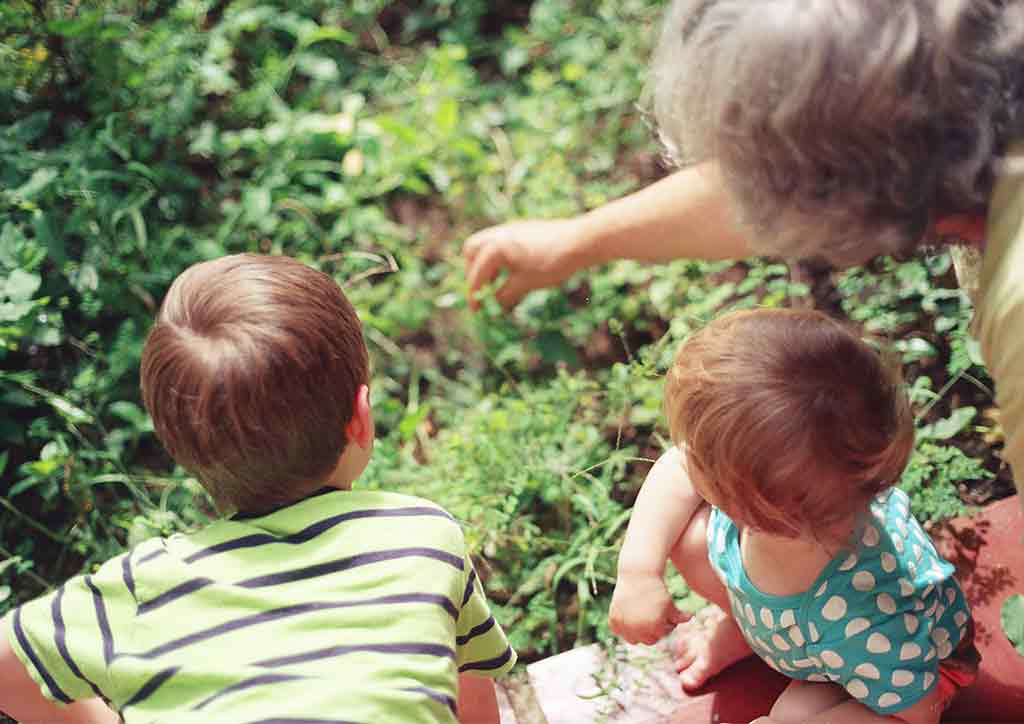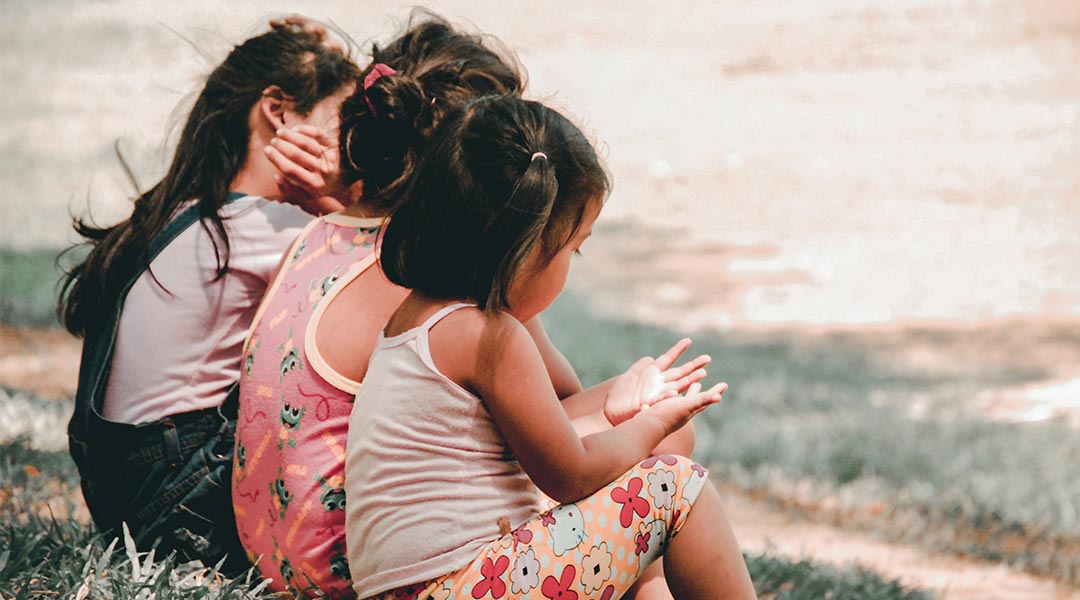The Snowflake Generation: are parents raising kids who melt too easily?
A closer look at generational stereotypes and how children are adapting in our modern world
It’s every parent’s wish to be able to raise decent and capable human beings. We form this bond with our children, and have the need to shield them from harm, practically to a fault. Parents who run to their kid’s rescue at the slightest inconvenience have been highly criticized, and contribute to a much larger picture. In recent years, young adults and older teens have been deemed too sensitive, and stereotyped to “bruise easily”, thus dubbing them— snowflakes.
What’s a snowflake?

The snowflake generation is a term for Gen Z kids (born 1995-2012), which essentially labeled an entire generation to be entitled, lazy, and weak. Basically, it’s implied that the last generation has become far worse than the one that came before, which naturally has stirred concern for those raising the newest batch of little ones (2013-present).
The burning question is… can we really hold parents accountable for how an entire generation turned out?
It’s all a matter of perspective

To say that kids become worse with every generation is hardly fair and considerably generalized. There’s a lot of noise about kids who are glued to screens and choose to remain indoors, but very little is said about the ones who launched an app that earned millions of dollars, sparked a movement to save the environment, or went on to win sports titles against a 23-time world champion. Yes, those are quite rare, but if you look a little closer, there’s far more to be impressed with rather than grumble about like old farts (sorry, not sorry).
Times are changing so fast, and as human beings, we are built to adapt. As the world continues to develop, Gen Z considers all of this to be absolutely normal. While Gen Y (that’s most of us) are amazed with such progress, the Boomers are still trying to catch up (as my mom asks me how to set up her old apps on a new iPhone).
Everything is faster, easily accessible, and built for convenience. Sure, it’s not what we’re used to, but how is that the children’s fault if it’s all they’ve ever known?
To each their own
The kids of Gen Z are more capable of expressing opinions and feelings to others, no matter what age. They are perceived to have a belligerent sense of entitlement, which basically also means— they know what they want. They are encouraged at a very young age to find what ignites that fire in them, but we forget to drill it in their heads that it also takes some failures and a couple of jobs we don’t like to actually get there. Overtly purpose-driven, they see the goal without having to figure out how to crawl through the mud to get there.

If we’re comparing notes, the Boomers can be commended for their efforts in ensuring their family’s priorities in material possessions. But generally speaking, they weren’t big on talking about their feelings. Dad is head of the household, Mom is the home maker, kids go to school, and life goes on as you tick off boxes on the checklist of life. It worked so well while we were growing up, but how many of us actually ended up living the life that was planned out for us? Certainly not me.
It still takes a village

We didn’t grow up with shortcuts. We definitely couldn’t Google answers whenever we wanted, and making friends didn’t happen at the click of a tab. Interaction was actively sought out, which meant you really didn’t have a choice if you wanted to meet people and socialize— you had to leave your house. Nowadays, everything can be found online, and you don’t even have to talk to an actual live human being to get what you need.
By taking that out of the equation, it changes something in people— it cancels out the confidence you need to approach someone, it neglects the skill that is needed to communicate properly, and completely takes away the development of our innate ability to read people. All of which are integral parts of socialization. Put a screen in the middle of all of that, and the option to log out when things don’t go your way… what happens? A complete shift in the way society operates and how people treat one another.
“Social Media made you all way too comfortable with disrespecting people and not getting punched in the face for it.” – Mike Tyson

In other words, we have a whole generation of young minds who aren’t comfortable with their feelings getting hurt, but are confident enough to dish out clapbacks without considering the repercussion. They are unbothered by competition and lack the grit to see things through on their own. All of which are generalized, but common, nonetheless.
Unless, of course, they are taught otherwise. Because they are still children, after all. A parent’s need to protect their young at all cost, no matter how small the problem is, certainly comes with a price.

Allow children to be bored, to be left with their imagination, to figure out what to do with themselves from time to time, and to discover the world without surveillance. We are drifting further away from our natural state that as technology continues to advance, our humanity slips down a steep decline.
Every generation comes with their own set of disadvantages. It’s a well known vicious cycle that parents and their children will clash at one point or another, and passing judgement on the younger generation has always been a favorite pastime for the elders. Let’s not forget that while our kids are growing up, we’re also still learning as we go— just as every other parent has done before us.
You never know, these snowflakes might just surprise us.
Do you love this story? We think you’ll like these ones…
Best Kids Furniture Finds in Manila: Wooden furniture, bespoke, Montessori-inspired and more!
Please Let Our Kids Out!
The Best Educational Toy Shops For Kids









